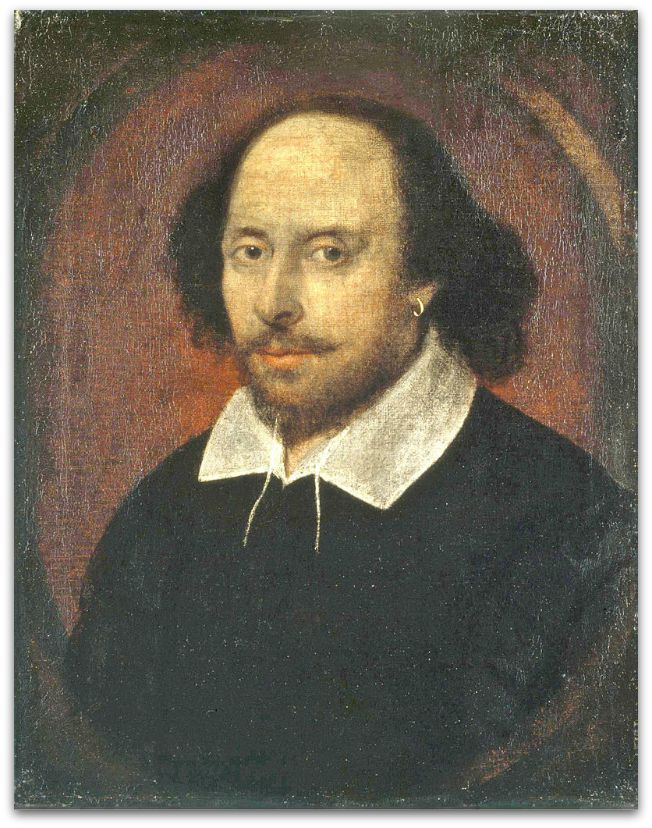Probably the greatest and most influential writer in the English language, William Shakespeare is credited with writing more than three dozen plays. Amazingly, earlier this year another one was discovered.

At the time, some scholars thought he was lying, and that his Shakespeare claims were false, while others thought he had just ripped off an unpublished Shakespeare play whole cloth and put his name on it. Now we know the truth, and it’s a little bit of both schools of thought. Double Falsehood was very likely based on a Shakespeare work, but Theobald didn’t rewrite much of it.
Earlier this year, Ryan Boyd and James Pennebaker of the University of Texas at Austin analyzed 33 plays by Shakespeare, nine by Fletcher, and 12 by Theobald. They used special computer software which analyzes word choice, phrase patterns, and other stylistic choices singular to an author. The results were compared to Theobald’s Double Falsehood. The final analysis: The first half of the play was undoubtedly written by Shakespeare; the second half, equal input from Shakespeare and Fletcher. Very small traces of Theobald’s voice were found, suggesting to the scholars that he merely made some tiny edits.
This means there’s a new Shakespeare play in the Bard’s canon. Not only that, but a print from the era was recently found. Last year, an English baron named Sir Humphrey McEloy died. In his personal effects was found a copy of The History of Cardenio, as attributed to Shakespeare and Fletcher. It was authenticated as the real deal.








